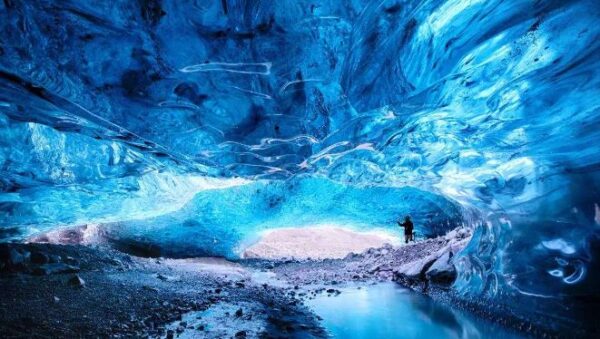Iceland, the land of fire and ice, captivates travellers with its otherworldly landscapes, rich cultural heritage, and unique quirks.
Here are five surprising things to know about this enchanting Nordic island.
1. No mosquitoes
Well, this must be hard to digest, but unlike many other destinations, Iceland is a mosquito-free environment. Thanks to its cool climate and windy conditions, mosquitoes find it challenging to thrive in Iceland’s ecosystem. This means travellers can explore Iceland’s breathtaking landscapes without the nuisance of buzzing mosquitoes or the need for insect repellent, making outdoor adventures even more enjoyable.
2. Green energy pioneers
Iceland is a global leader in renewable energy, particularly geothermal and hydropower. Nearly 85% of Iceland’s total energy consumption comes from renewable sources, making it one of the greenest countries on the planet. Geothermal energy heats around 90% of Icelandic homes, while hydropower generates electricity for both domestic use and export. Visitors can witness Iceland’s commitment to sustainability through its eco-friendly practices and innovative renewable energy projects.
3. Breathtaking midnight sun
Located near the Arctic Circle, Iceland experiences the mesmerising phenomenon known as the midnight sun during the summer months. From late May to mid-July, parts of Iceland are bathed in sunlight for almost 24 hours a day, creating surreal landscapes illuminated by the golden glow of the sun at midnight. This natural spectacle allows travellers to explore Iceland’s attractions at any hour and offers unforgettable experiences like midnight hikes, golfing under the midnight sun, and even midnight kayaking.
4. Hidden elves and mythical creatures
Icelandic folklore is rich with tales of hidden elves, trolls, and other mythical creatures believed to inhabit the island’s rugged terrain. Many Icelanders genuinely believe in the existence of these mystical beings and take precautions to avoid disturbing their supposed habitats. Travellers can immerse themselves in Iceland’s enchanting folklore by exploring elfin settlements, discovering hidden elf stones, and listening to captivating stories passed down through generations.
5. Literary legacy
Despite its small population, Iceland has a remarkable literary legacy and a deep-rooted literary culture. Icelandic sagas, dating back to the mediaeval period, are among the world’s oldest surviving literature and offer insights into Iceland’s history, culture, and folklore. Today, Iceland has one of the highest per capita rates of book publishing and literary consumption globally, with a strong emphasis on promoting literacy and literature. Visitors can explore Reykjavik’s vibrant literary scene, visit bookstores, attend literary events, and even participate in the annual Iceland Writers Retreat.












